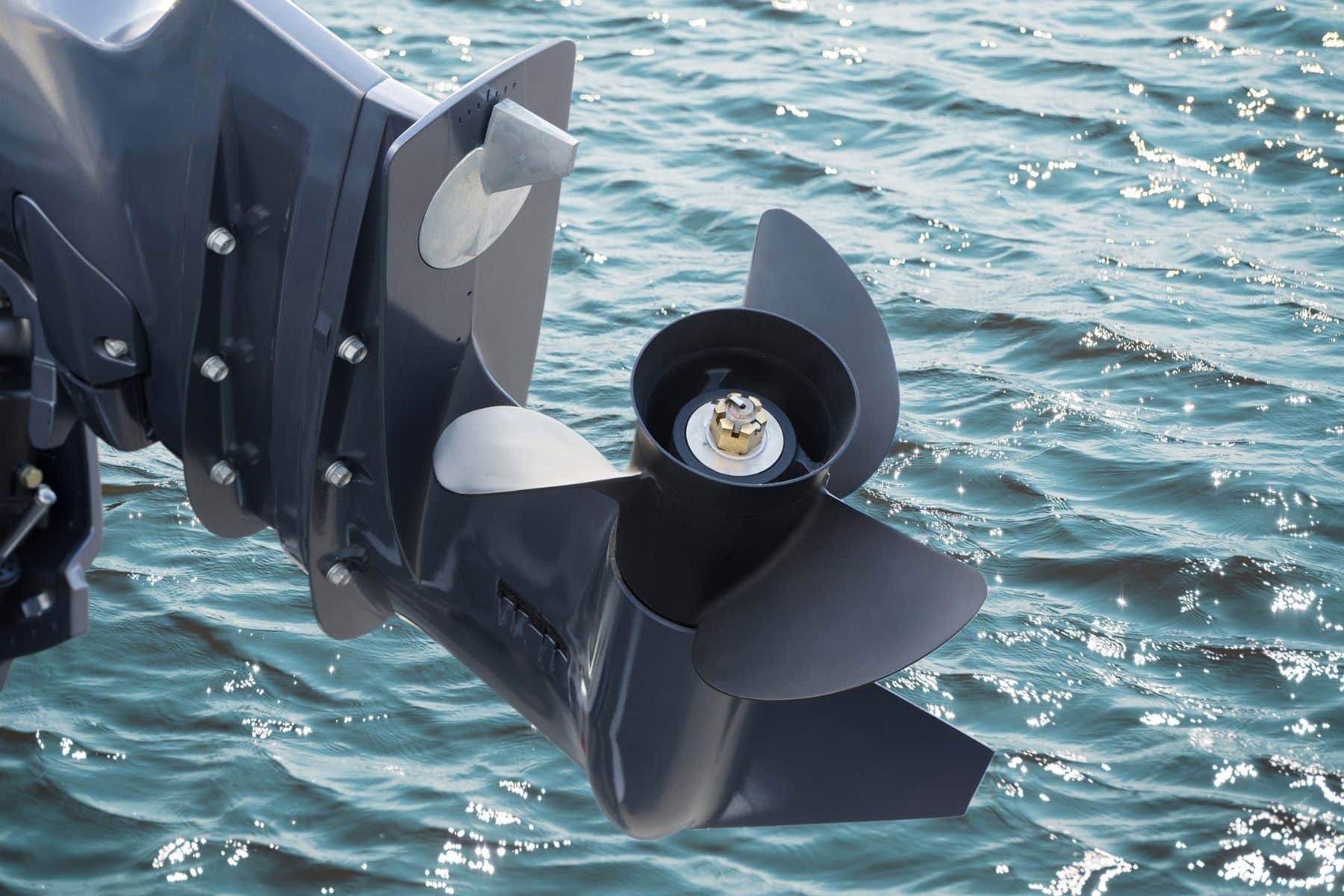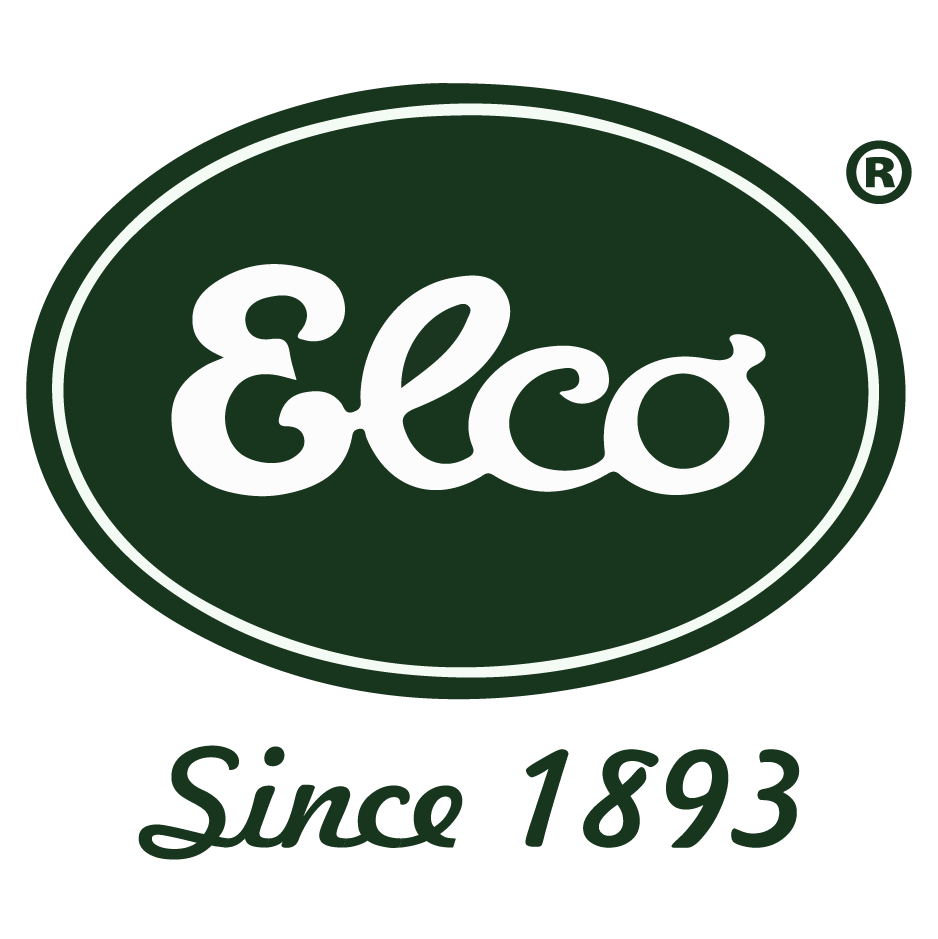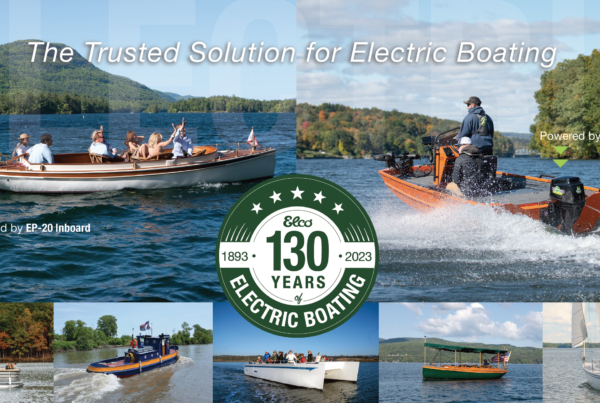
The boating industry is rapidly adopting electric outboard motors. These are not to be confused with trolling motors used for precision maneuvering at low speeds, primarily for freshwater fishing. If you’re considering buying your first boat or upgrading the motor on your current vessel, review electric versus traditional outboard motors. In simple terms, the choice comes down to efficiency, noise, and environmental impact, among other concerns.
Efficient Power Use
Electric outboard motors are marvels of efficiency. Unlike traditional motors, they convert almost all energy from the battery directly into propulsion, resulting in little energy loss. In contrast, gasoline motors only use about 20–30 percent of fuel for propulsion, with the rest lost as heat. Electric outboards are clearly more efficient in this respect.
Noise Comparison
When we talk about pollution, we usually refer to air and water quality. However, noise pollution significantly impacts the enjoyment of outdoor spaces. One of the most noticeable differences between electric and gasoline outboard motors is their noise levels. Elco’s motors are about half as loud as gasoline outboard motors at full throttle, and they operate almost silently at slow speeds, protecting the tranquility and enjoyment of your boating experience.
In contrast, traditional outboard motors are loud and disrupt the peaceful enjoyment of being on the water. The loud buzzing and sputtering of gas-powered motors can turn a pleasant afternoon on the water into an ordeal for anyone who wants to enjoy their day.
Air and Water Pollution
Electric outboard boat motors shine in terms of sustainability. They produce zero emissions, neutralizing air and water pollution concerns.
Gasoline-powered outboard motors emit carbon monoxide and unburned hydrocarbons, contributing to air pollution. You’ve likely seen those greasy, iridescent oil slicks oozing onto the water from the stern of your boat. You’d never swim in that water, so why make aquatic life live with it?
Maintenance Needs
Maintenance is another area where electric and traditional outboard boat motors differ. Electric outboard motors have simple designs, resulting in low maintenance needs. They have fewer moving parts, which means fewer components to service or replace over time. Traditional boat propellers, with their complex systems and numerous components, require regular servicing and part replacements.
Safety Considerations
Unlike gas-powered internal combustion motors, electric models produce no exhaust fumes. The absence of fumes ensures good air quality on the water, making for a safer boating experience. Traditional outboards with exhaust emissions can expose boat owners and their passengers to dangerous fumes like carbon monoxide.
Upfront vs. Long-Term Cost
While electric outboard motors have a higher upfront cost than traditional models, they offer significant savings in the long run. Reduced maintenance expenses and potential tax incentives for eco-friendly practices make the total cost of ownership for an electric motor lower than a gasoline motor.
Electric outboard motors are viable and sustainable alternatives to traditional outboard motors. As a boating enthusiast and environmentally conscious consumer, you should consider these factors when choosing your next outboard motor.




